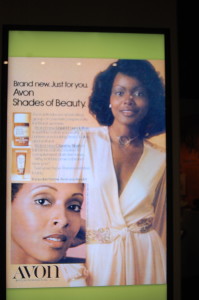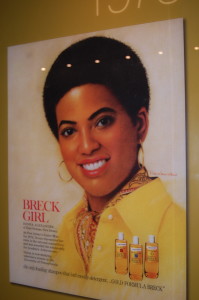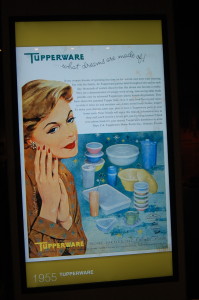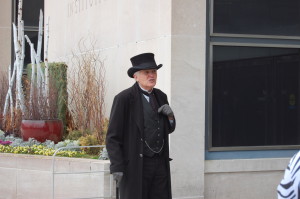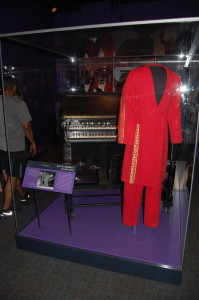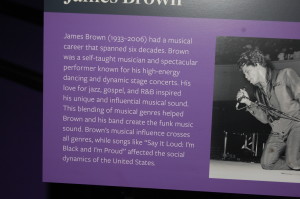THE LOOK THE FEEL THE FASHION
1957
The oldest Boomer is 11 years old.
Median Family Income: $5,000. Minimum Wage: $1.00\hr.
New Car: 57 Chevrolet Bel Air Convertible: $2,611. Ford T-Bird: $3,151
Gallon of Gasoline: 31 cents
Movies: “The Bridge on the River Kwai,” “Paths of Glory,” “Peyton Place,” “Sayonara,” “12 Angry Men,” “Witness for the Prosecution,” “The Man Who Knew Too Much,” “Bernadine,” “April Love.”
Broadway: “Shinbone Alley,” The Music Man,” “West Side Story.”
TV: “leave It To Beaver,” “Tom Terrific,” “American Bandstand,” “Gray Ghost,” “Bachelor Father,” “Perry mason,” “Have Gun-Will Travel.” Maverick,” “Sugarfoot,” “Tale of Wells Fargo.” “Wagon Train,” “Zorro.”: “Cimarron Strip,” “Blondie,” “Tales of Wells Fargo,” “Wagon Train,” “Colt 45,” “Tombstone Territory,” “The Frank Sinatra Show,” “The Real McCoys,” “Casey Jones,” “Restless Gun,” “Hawkeye and the Last of the Mohicans,” “The Lucy-Desi Comedy hour,” “Divorce Court,” “The Spike Jones Show,”, “Man Without a Gun,” “Woody Woodpecker,” “How To Marry A Millionaire,” “Overland Trail.”
Music: Elvis Presley, “Jailhouse Rock,” “Treat Me Nice,” “All Shook Up” & “Let Me Be Your Teddy Bear.” The Coaster, “Searchin’” & “Young Blood.” Everly Brothers, “Wake Up Little Susie” & “Bye Bye Love.” Sam Cooke, “You Send Me.” Nat King Cole, “After Midnight” & “An Affair To Remember.” Count Basie, “April in Paris.” Miles Davis, “Birth of the Cool.” Pat Boone, “A Closer Walk with Thee,” “April Love” & “ Love Letters in The Sand.” Tab Hunter, “Young Love.” Debbie Reynolds, “Tammy.” McGuire Sister, “Sugartime,. Frank Sinatra, “Witchcraft.” Jerry Lee Lewis, “Whole Lotta Shakin’ Goin’ On.” Buddy Holly & The Crickets, “That’ll Be The Day.” Johnny Mathis, “The Twelfth Of Never.” Little Richard, “Lucille. “Buddy Holly, “Not Fade Away” & “Oh Boy.” Johnny Cash, “There You Go,” “Next In Line,” “Train of Love” & “Home of the Blues.”
Popular Culture:
1957 – Frisbee. Wham-O co-founder Richard Knerr, decided to stimulate sales by giving the Pluto Platter discs the additional brand name “Frisbee” after hearing that East Coast college students were calling the Pluto Platter by that name.
1957 – Clairol, “Does she… or doesn’t she? Foote, Cone Belding.
From the book BOOMERS How We Changed The World by Richard A. Jordan
Levi Stratuss invented the first pair of jeans over 130 years ago. Unlike any other fashionable clothing item, jeans defied the the whims and caprices of time for 120 years by not deviating from their original design until the late 1970s, when the  designer craze began. Indeed, it might even be said that jeans were not even fashion items until the designers and the American public made them so. Even during the fashion period of the late 1970s, the basic design of jeans was not altered drastically, but modified to accommodate various body types and to perform feats similar to those of the corset and bustle. Despite their foray onto Seventh Avenue, jeans remain the uniform and essence of the American West. During the 1930s, Easterners vacationing on dude ranches run by farmers impoverished by the Depression, donned jeans and returned home with Western chic. During World War II, jeans manufacturing was deemed an essential industry even though jeans were purchased only by defense workers and were denied the Levi’s pocket stitching, characterized as superfluous. The 1950s heralded Jemmy Dean and Marlon Brando as rebels who were moral, unhypocritical men under their tough, macho, and Levi’s exteriors. The mid-1950s also saw adolescents throughout America in jeans. Jeans became the badge of the disillusioned and the discourage of the 1960s. They were a bond for those under thirty and, to those over thirty, signified the political leanings, the sexual and drug habits, as well as the rebelliousness of the younger generation. By the 1970s, the baby boomers had begun to turn thirty and to earn middle-class incomes. along came designer jeans, which gave both status and brand differentiation on the basis of image for the first time. The result was heightened brand awareness and incredible sale for many of the new entrants into the market. And yet, there was little consumer segmentation and even less insight into the motivations of consumers beyond that which can be summarized by the broad strokes of “basic” and “designer.” (The foregoing discussion of the history of jeans is derived for Packard 1981 and Snyder 1984.)
designer craze began. Indeed, it might even be said that jeans were not even fashion items until the designers and the American public made them so. Even during the fashion period of the late 1970s, the basic design of jeans was not altered drastically, but modified to accommodate various body types and to perform feats similar to those of the corset and bustle. Despite their foray onto Seventh Avenue, jeans remain the uniform and essence of the American West. During the 1930s, Easterners vacationing on dude ranches run by farmers impoverished by the Depression, donned jeans and returned home with Western chic. During World War II, jeans manufacturing was deemed an essential industry even though jeans were purchased only by defense workers and were denied the Levi’s pocket stitching, characterized as superfluous. The 1950s heralded Jemmy Dean and Marlon Brando as rebels who were moral, unhypocritical men under their tough, macho, and Levi’s exteriors. The mid-1950s also saw adolescents throughout America in jeans. Jeans became the badge of the disillusioned and the discourage of the 1960s. They were a bond for those under thirty and, to those over thirty, signified the political leanings, the sexual and drug habits, as well as the rebelliousness of the younger generation. By the 1970s, the baby boomers had begun to turn thirty and to earn middle-class incomes. along came designer jeans, which gave both status and brand differentiation on the basis of image for the first time. The result was heightened brand awareness and incredible sale for many of the new entrants into the market. And yet, there was little consumer segmentation and even less insight into the motivations of consumers beyond that which can be summarized by the broad strokes of “basic” and “designer.” (The foregoing discussion of the history of jeans is derived for Packard 1981 and Snyder 1984.)
From the book The Psychology of Fashion
Submitted by
Rebecca H. Holman
Suzanne E. Wiener
Edited by Michael R. Solomon
If you want to know this book will help. Real cool.
One of the fabulous outfits of James Brown 





 Cloths make not make the man or the woman, but It can make them feel better.
Cloths make not make the man or the woman, but It can make them feel better.
Old school golden years images
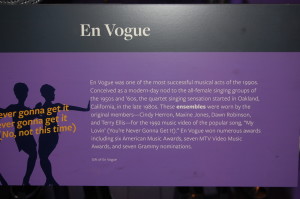
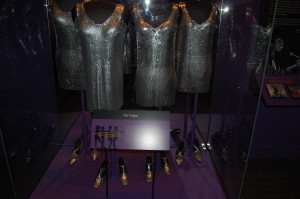




![BensChiliBowl_FB.0.0[1]](https://oldschoolgoldenyears.com/wp-content/uploads/2014/06/BensChiliBowl_FB.0.01-300x225.jpg)


